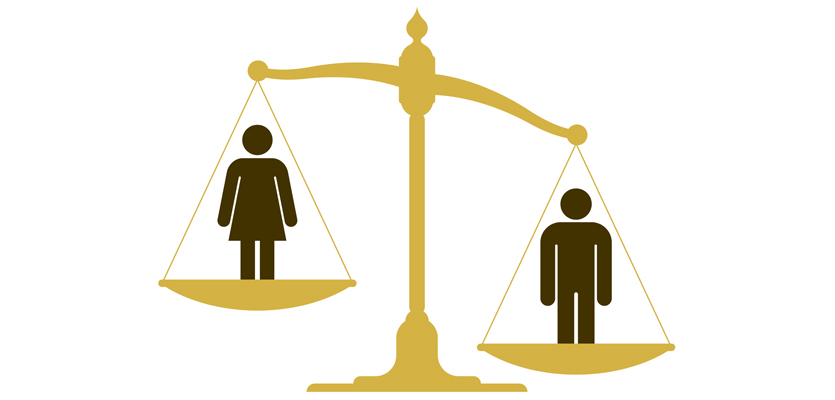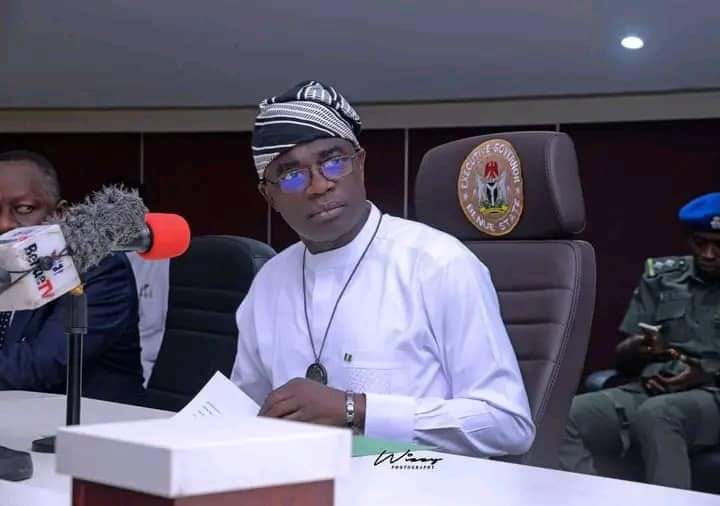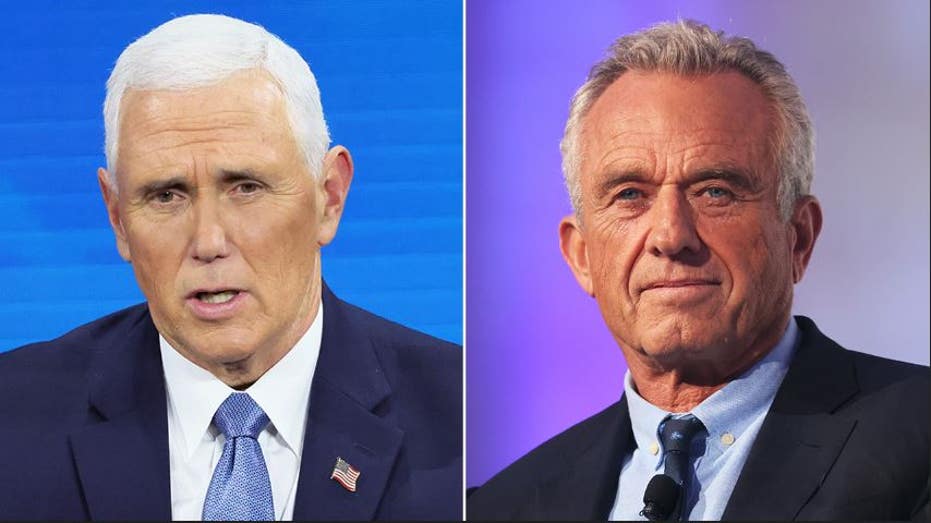
Considering recent reports, there is growing concern regarding the sustainability of majority of the states of the federation due to their poor internally generated revenue (IGR) and dismal fiscal performance. This is not new. With the exception of Lagos and Rivers, you can barely cherry-pick a few others among the 36 states which can comfortably fund their operational expenses for a few months without collapsing in the face of any withholding of their shares of the federal allocations.
In the midst of a severe and pervading socio-economic hardship which some analysts have attributed to fuel subsidy removal as well as other economic reforms and policies of the current administration, how does an otherwise heavily indebted state continue to meet its recurrent expenditures with ease, much more its capital funding towards improving dilapidated infrastructures? What this calls for is a continuously creative approach to revenue gathering and proper management of resources. Nothing that has proven successful and effective is achieved by chance. If anything is working well, it is invariably because someone is investing some efforts in making it work.
Here, we must look in the direction of Lagos State and what makes it the richest state in the country, posting an ever-progressive trajectory in IGR from N600m to N815 billion within two decades. I find the regular argument too convenient, even lazy, which is attributing much of the state’s success to its frontline advantage of comparing the largest economic activities in the country, and a carry-over of its position as the nation’s former capital. In reality, bigness in size by any means would still amount to very little outcome without creative management.
To put this in context, if potential and actual results were the same, Nigeria as Africa’s most endowed and most populous nation should neither be struggling as it is presently doing nor ranking among the continent’s poorest. Lagos is making no pretensions about its seriousness in maximizing all avenues for tax and revenue collections. Other states should emulate Lagos.
Its recent introduction of the Lagos Revenue Portal (LRP) – a fully automated IGR management system, is the latest innovation towards better financial management and ease of doing business in the state. According to the Special Assistant to the Governor on Tax and Revenue, Mr. Abdul-Kabir Opeyemi Ogungbo, LRP is a bold attempt at streamlining the revenue collection processes regarding all taxes, licenses and other charges, aimed at achieving improved overall service delivery in the state.
This is rightly so. The main objective of LRP is to simplify tax payments, consolidate the previously fragmented avenues for payments, therefore, providing a single, centralized and trackable collection unit. Invariably this promotes transparency, accountability and efficient tax administration for which the Lagos State Governor, Mr.
Babajide Sanwo-Olu should be highly commended. Its continuing value can only add to the stock of future administrations in the state. It behooves on other states to find what works for them.
Creating a specific, monitorable unit to propel its tax collection appears to be part of the government strategy to maximize results of the various inter-agencies collaborations in this drive. In this wise, according to Ogungbo, LRP is a consolidated repository for all bill-generating Ministries, Departments and Agencies (MDAs) thereby affording stakeholders the opportunity to effortlessly view all their bills in one interface. It also allows for consolidation of electronic bills of multiple MDAs for all payers in one single account, with access to payment gateways, payment history, automated reconciliations and remittance statements.
What this means is that a taxpayer is highly motivated as he can at any time view his payment history and have instant access to his receipts. Tax payment has never enjoyed a willing and voluntary embrace here or anywhere else for that matter. On the contrary,it has even quite understandably become a bitter pill to swallow for majority of people and corporate bodies in the light of the nation’s current economic challenges.
Yet, there is undisputable nexus between every government’s capacity to meet its obligations and the size of financial resources available to it. So, notwithstanding the sensitivity of this subject, taxes and revenue collections are unavoidable for any administration that must perform in tandem with its mandate and the people’s expectations. While all the states are certainly not equally endowed in terms of financial capacity, with some cases particularly dismal because of economic disruptions due to protracted banditry, recurrent natural disasters, etc.
, it is, however, a salient point that a lot of loopholes generally exist within the current revenue system that will always work against a better IGR performance until they are plugged. This means that apart from spreading the dragnets to capture more taxable entities, if every government concerned would develop the willpower and the know-how to block the drains, the results would be monumental. There is usually a huge revenue being collected on behalf of the government and diverted into private purses by state and non-state actors.
A functional technology-based system like LRP can severely curtail wastages and provide credible data for tracking payments. I am reminded that many of the states lagging behind in the IGR performance metric don’t have sophisticated populace as Lagos, making a technologic-driven platform like LRP difficult to establish. While this is true, what is equally factual is that there are enough professionals within and outside every administration to devise the appropriate system that will work perfectly within the peculiarities of any state.
For starters, the fact that telephony is so commonplace now that the old and young even in remote places do communicate freely and undertake simple monetary transfer means that a carefully designed culture-specific model can be introduced and it will work well with time. Interestingly, Lagos is not depending only on its enlightened corporate and individual taxpayers, it has gradually captured a substantial portion of the informal sector also – the artisans, traders, mechanics etc in a creative tax dragnet code-named Ibile Taxes. The informal sector is huge everywhere and would not mind paying their token to any government that is seen to be working assiduously for the well-being of the people.
In other words, Zamfara State or Benue State may not introduce Red Line, Blue Line or compete with other infrastructural undertakings at the level Lagos does, but completing a major market road at a time, opening up more rural communities with water, establishing community health centres and the likes are just as convincing to a people that will appreciate the limitations of their own government purses and support its tax initiatives. Technology is what now drives development and we can’t run away from it. The LRP template may not be applicable wholesale elsewhere, but the same bold step is required to change the old porous tax and revenue system in our poor performing states with a more transparent, cost-efficient automated system that will eliminate manipulation and leakages, improve efficiency, accuracy and compliance.
•Prince Debo Luwaji, a public affairs analyst and educationist,writes from Lagos. He can be reached through: [email protected].














